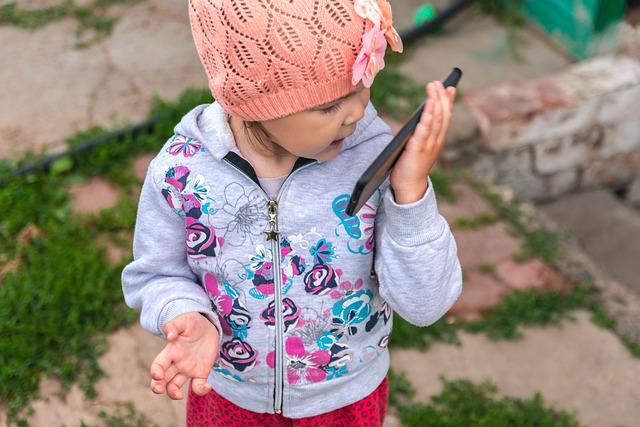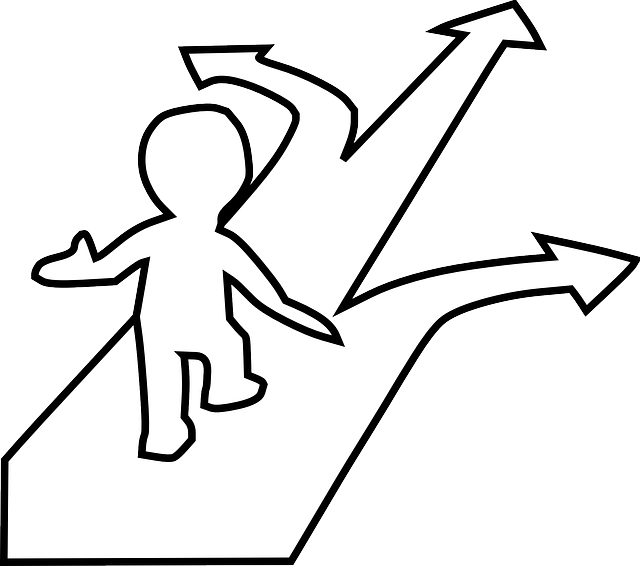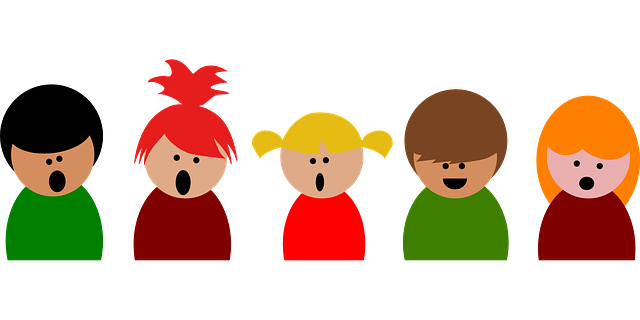
Updated Feeding and Swallowing Milestones
The American Speech-Language-Hearing Association (ASHA) has developed a new resource on feeding and swallowing milestones for the birth to 3 population. The milestones reflect the ages in which at least 75% of children from around the world have mastered the skill. The milestones can be found here: https://on.asha.org/feeding-milestones. In addition to the milestones, ASHA has also developed a brief video detailing feeding and swallowing skills that should be mastered by age, information on why some children may have difficulty meeting milestones, and who to contact if a child is having difficulties eating or drinking. The video can be found here: on.asha.org/feeding-milestones-video.











